When people think of tea, they often imagine the many health benefits these little leaves in hot water offer the body. However, not all teas are actually good for you.
Although a wide variety of teas offer relief from indigestion, bloating, fatigue, constipation, and even fighting off the common cold, some tea variations actually damage the intestines as well as the brain.
People Have Always Drunk Some Form of Tea

Although today’s modern historians have little concrete evidence of what the earliest Homo sapiens ate and drank, it’s highly likely that some form of tea was a normal part of their diet.
Ancient history academics understand that people have always collected herbs and leaves for food and drink, as well as for medicinal purposes. Therefore, it’s only natural to assume that, once they discovered fire, humans would have heated water to ingest the leaves more easily.
The First Record of Tea
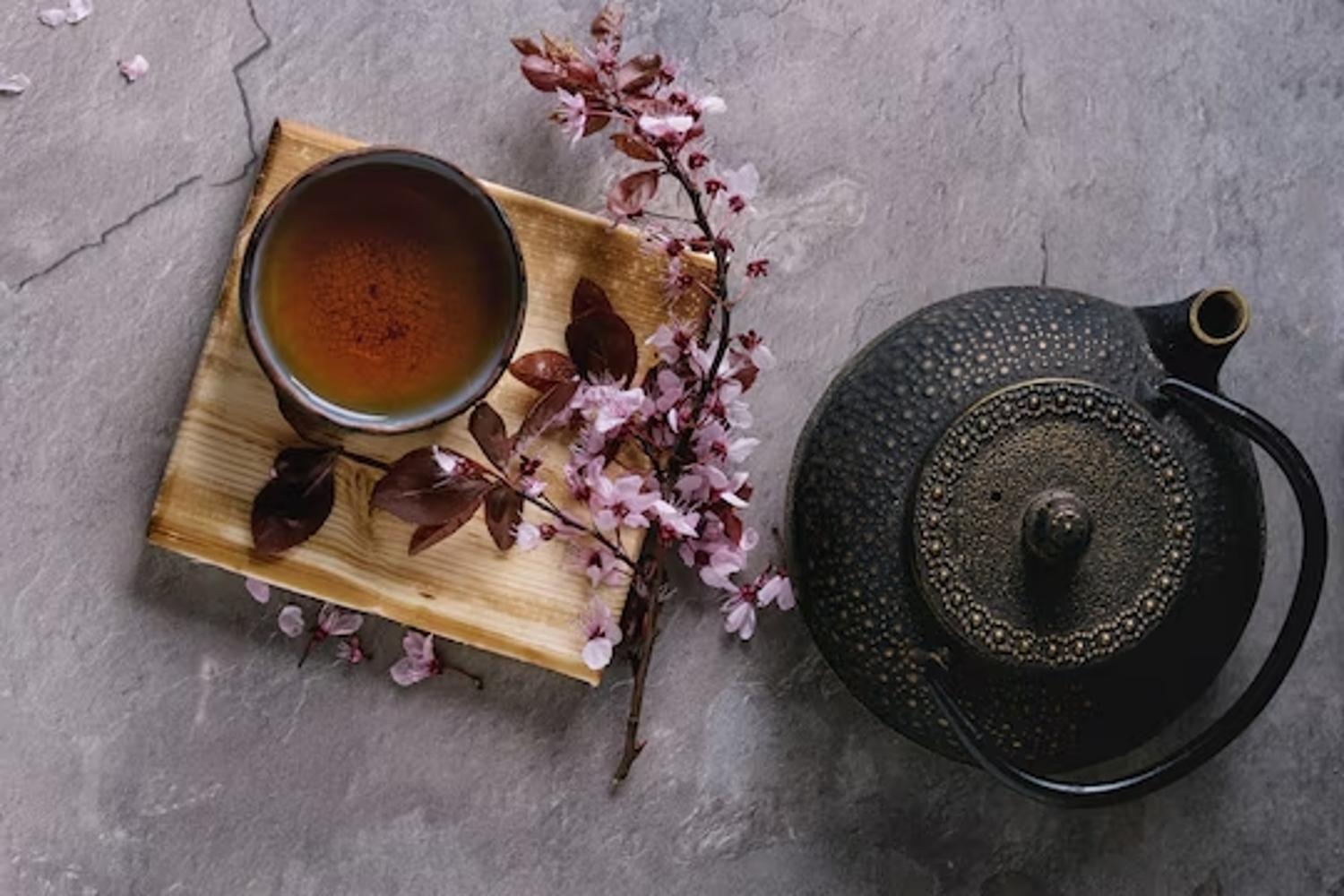
The earliest evidence of tea drinking on Earth comes from an ancient Chinese manuscript that describes a farmer discovering the delicious drink when he was sitting under a tree with a cup of hot water and loose leaves fell into his mug.
That was nearly 2,000 years ago, and since then, tea has become one of the most time-honored traditions in Chinese culture. The Chinese use medicinal teas for ailments and ceremonial teas for special occasions, and they drink regular brews on a daily basis with family and friends.
Tea Has Become One of the Most Popular Beverages All Around the World

But of course, tea isn’t only popular in China. In fact, it is one of the most beloved beverages in countries all over the world.
In England, a cup of black tea with milk and sugar is the national beverage, and in India, hundreds of millions of people drink chai tea every day.
The Modern Way to Drink Tea
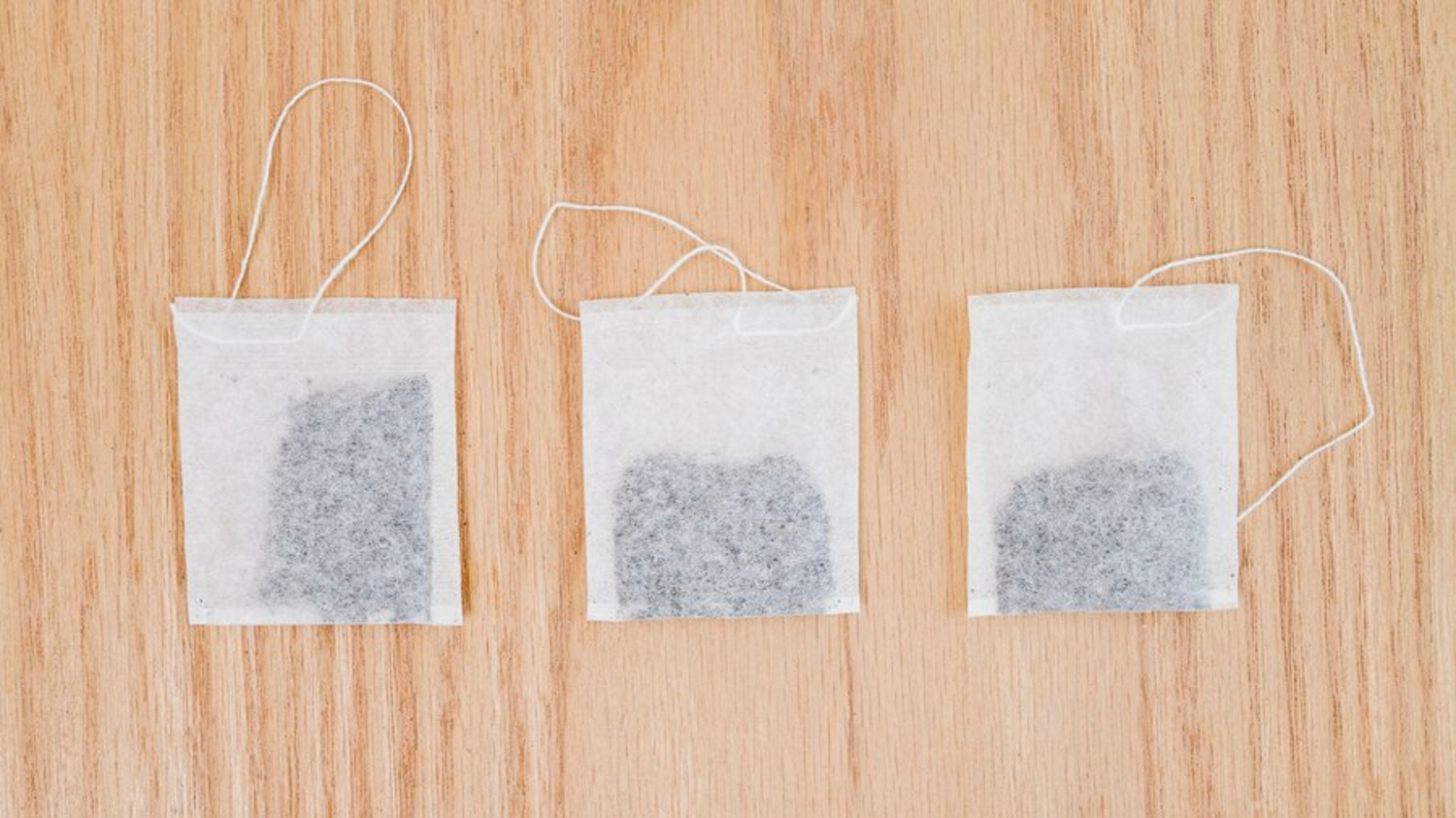
But tea, including the types of leaves and the way it’s consumed, has changed drastically over the past millennium.
While some people and cultures still utilize the leaves from local plants, others prefer to drink their tea from convenient, pre-made bags.
Health Concerns in Tea Bags

In 8th-century China, tea was packaged into small paper bags for convenience, but the modern-day tea bag wasn’t invented until the early 1900s.
Unfortunately, over the past century, the bags have transitioned from hand-sewed fabric to food-grade plastic, which can leak microplastics into the tea and then into your body.
Chemicals in Tea Bags
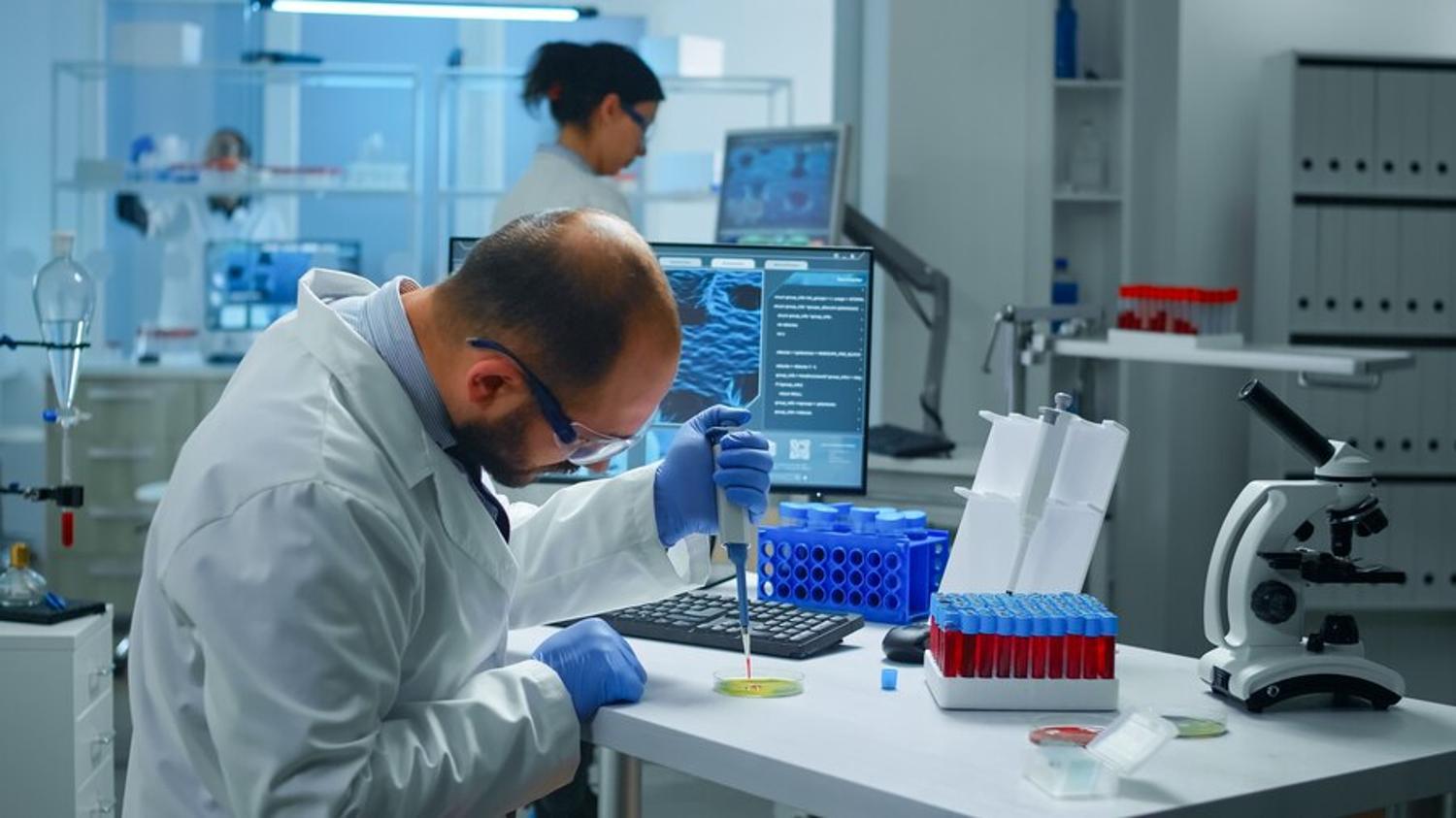
Additionally, modern tea bags are often made with aluminum and epichlorohydrin, both of which can be very dangerous.
In fact, research has shown these chemicals to cause both Alzheimer’s disease and certain kinds of cancer.
Certain Teas Are Also Extremely Dangerous
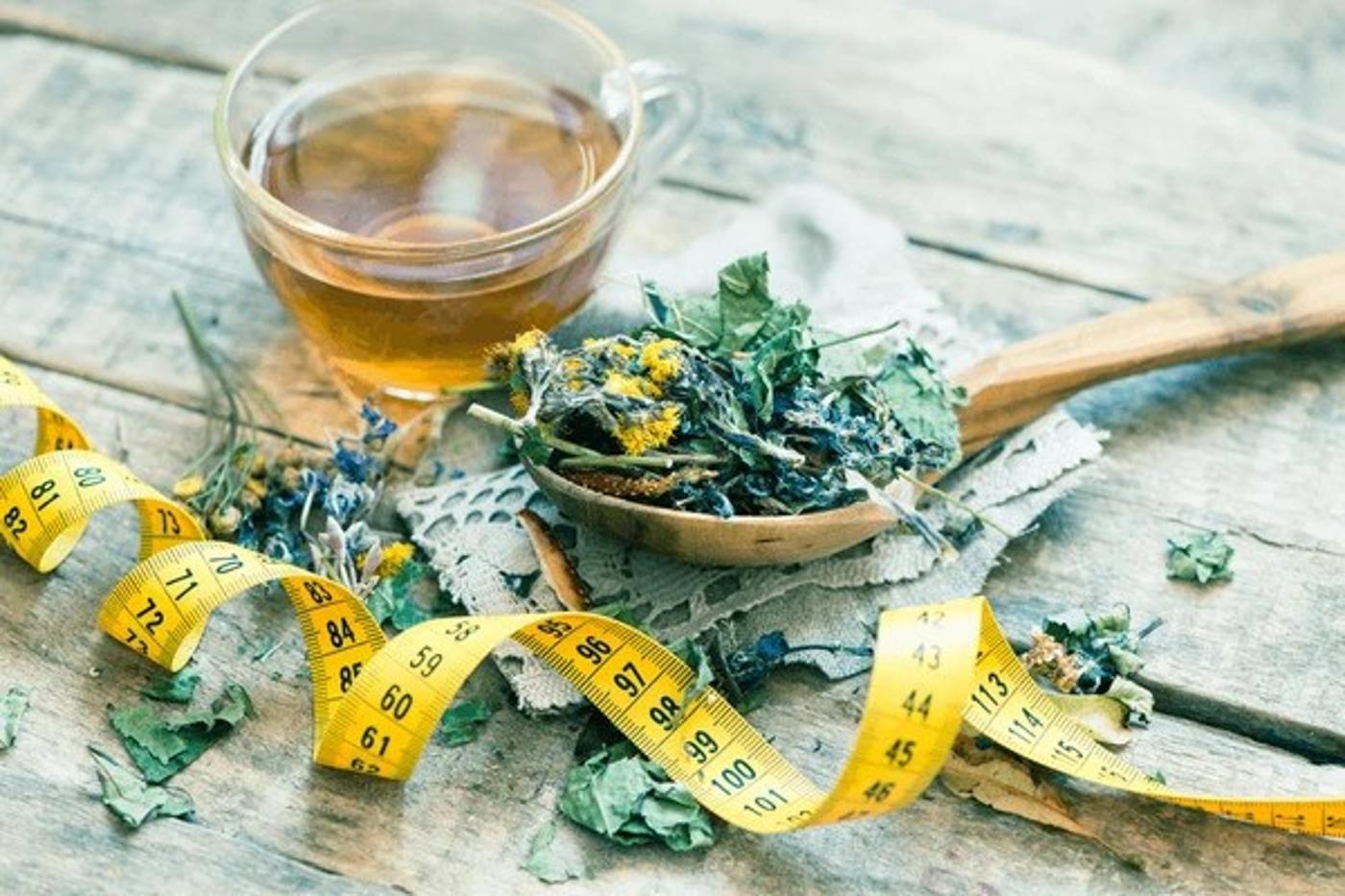
However, even if you avoid all tea bags and use only loose-leaf teas, you still need to be careful, as not all teas are good for you.
One kind of tea in particular that doctors know causes intestinal problems is still available in every grocery store tea section.

Recent studies have shown that teas which are advertised as cleansing, detox, or slimming are often quite dangerous.
They can create a dependency, strip the stomach of nutrients, and even cause extreme dehydration.
What Is in a Detox Tea?
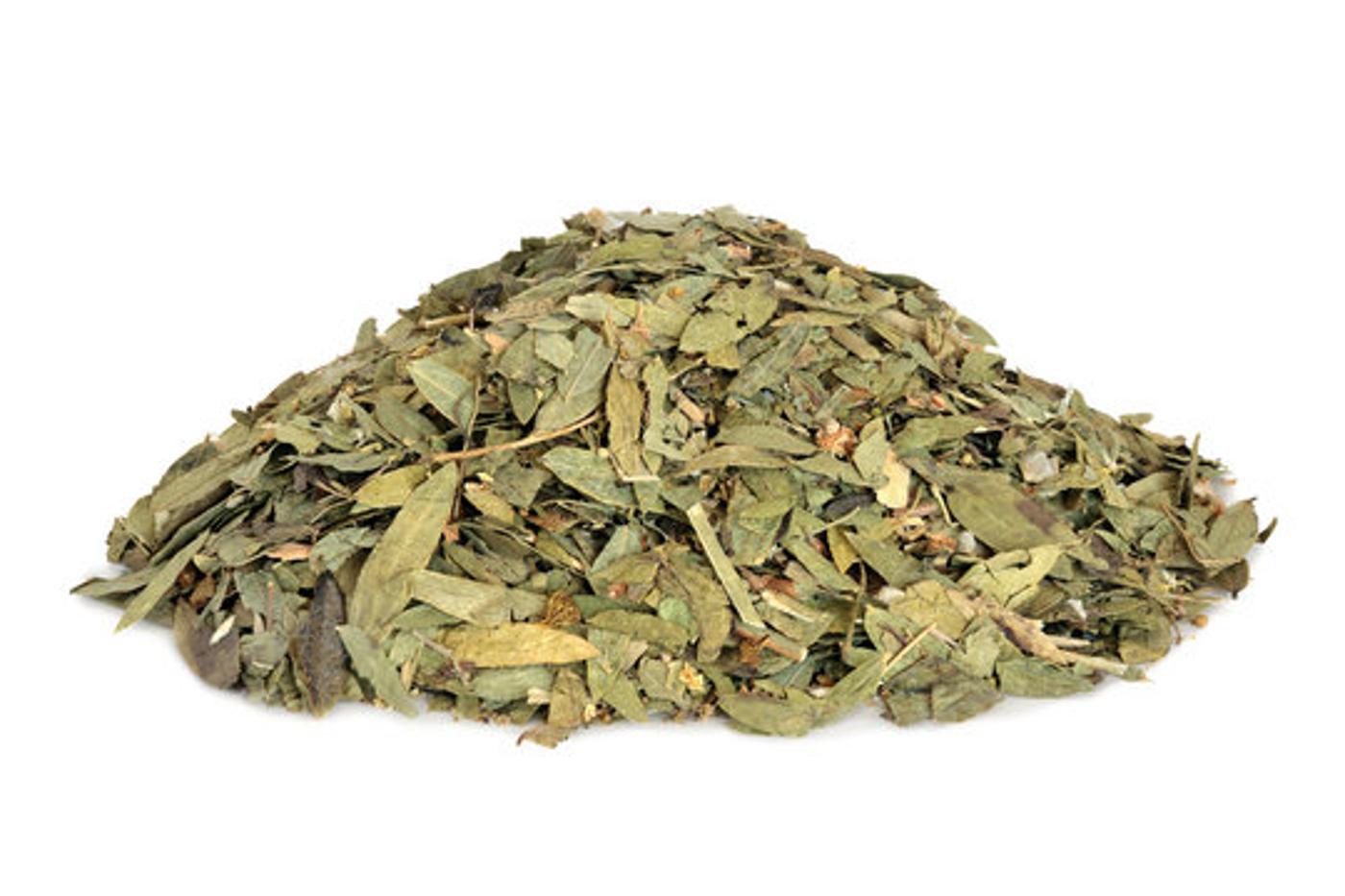
While different tea brands use various herbs and leaves within their so-called detox or cleansing teas, one of the most common ingredients is senna leaves.
The leaves, fruits, and flowers of the senna plant have been utilized in teas for centuries as a natural laxative for constipation. However, overusing the leaves can cause extreme damage to the body, including colon irritation, diarrhea, and vitamin deficiencies.
Why Are Cleansing Teas Bad for the Body?

Because senna leaves are natural laxatives and can even suppress appetite, some people use these teas for weight loss.
But doctors are urging patients to be extremely careful not to over consume senna leaf tea as it can cause problems in the body.
The Dangers of Detox Teas

Senna leaf tea essentially strips the nutrients from the stomach and sends them out through the digestive tract.
Therefore, the body can become dangerously dehydrated and malnourished, even when someone is drinking plenty of water.
Pregnant Women Should Never Drink Senna Leaf Tea

It’s important to understand that while cleansing or detox teas made with senna leaves can be helpful for constipation, they should not be overused by anyone, but especially by pregnant women.
As senna tea often removes necessary vitamins from the body during gestation, it can be extremely detrimental to both the mother and the fetus. Therefore, senna tea should absolutely be avoided at all times during pregnancy.
Black Tea With Lemon Can Also Cause Brain Injuries
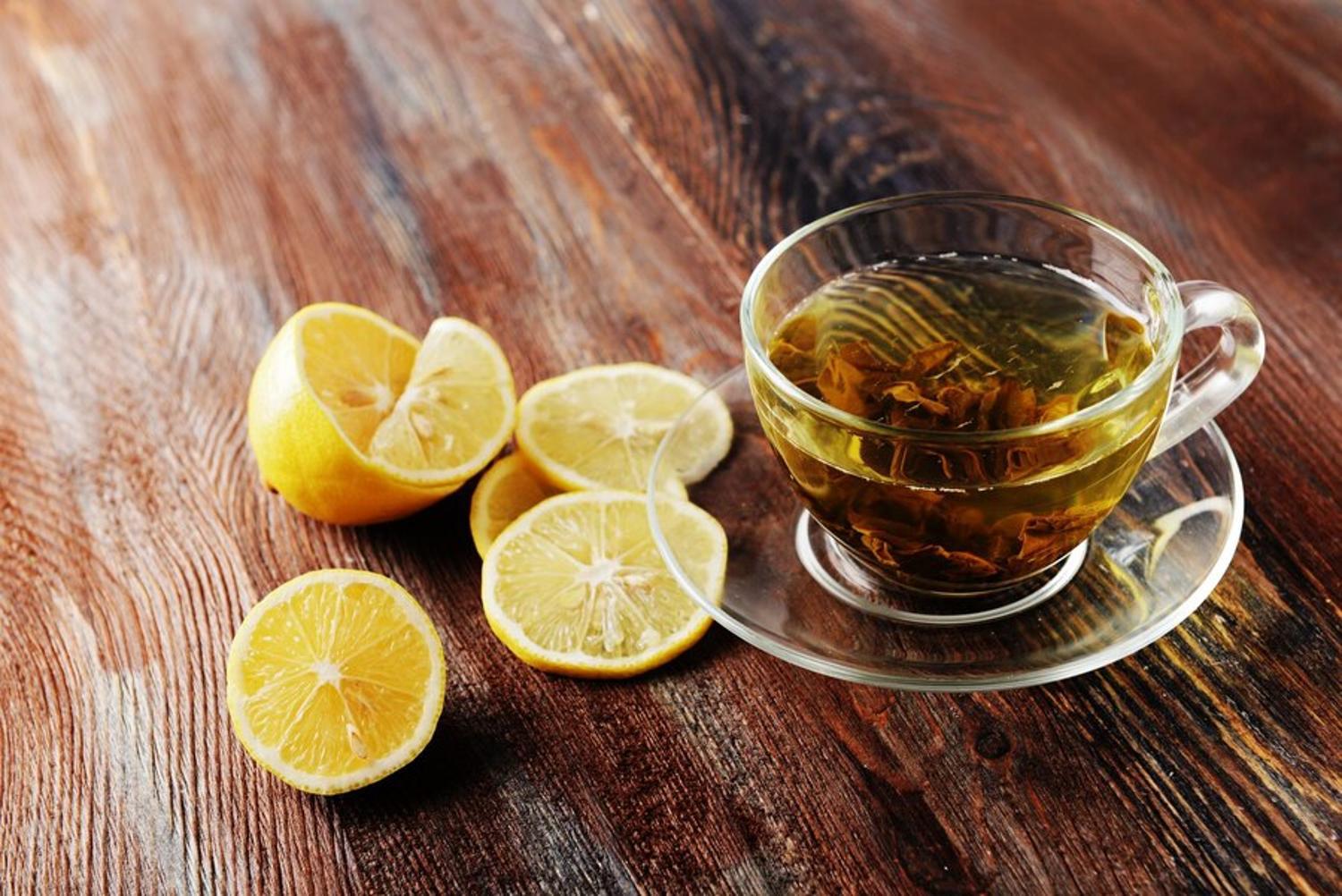
Other than cleansing, detox, or slimming teas, there is one more very popular variation of the beverage that can cause physical harm: Black tea with lemon.
It may be shocking, as black tea with lemon is certainly common all around the world, but this specific combination can actually lead to problems in the brain.
Why Is Black Tea with Lemon Dangerous?

Because black tea contains a decent amount of aluminum when combined with the citrus juice of lemon, the tea can actually lead to brain damage.
Specifically, some doctors have found a correlation between the consumption of aluminum and the development of Alzheimer’s disease.
Adding Milk to Black Tea Is a Much Better Option

For those who simply love black tea with lemon, there is an option: You can add milk to the tea as the dairy combats the chemical reaction between the aluminum and the lemon.
That said, it’s still best to limit your intake of black tea with lemon, even if you add milk every time.
Doctors Warn Against Drinking Comfrey Tea

While slightly less well-known, doctors have also warned against the consumption of comfrey tea.
Made from the Comfrey plant, this tea is often believed to help combat allergies, diarrhea, bronchitis, and even rheumatoid arthritis, but it also poses potential health risks.
Comfrey Tea Can Damage the Liver

The Comfrey plant contains naturally forming toxins called pyrrolizidine alkaloids which are quite dangerous. In fact, several countries have actually banned the sale of comfrey tea.
The toxins in the plant can cause extensive damage to the liver by blocking the organ’s internal veins. In excess, comfrey can even cause liver failure.
Licorice Tea Is Not Always Safe to Consume
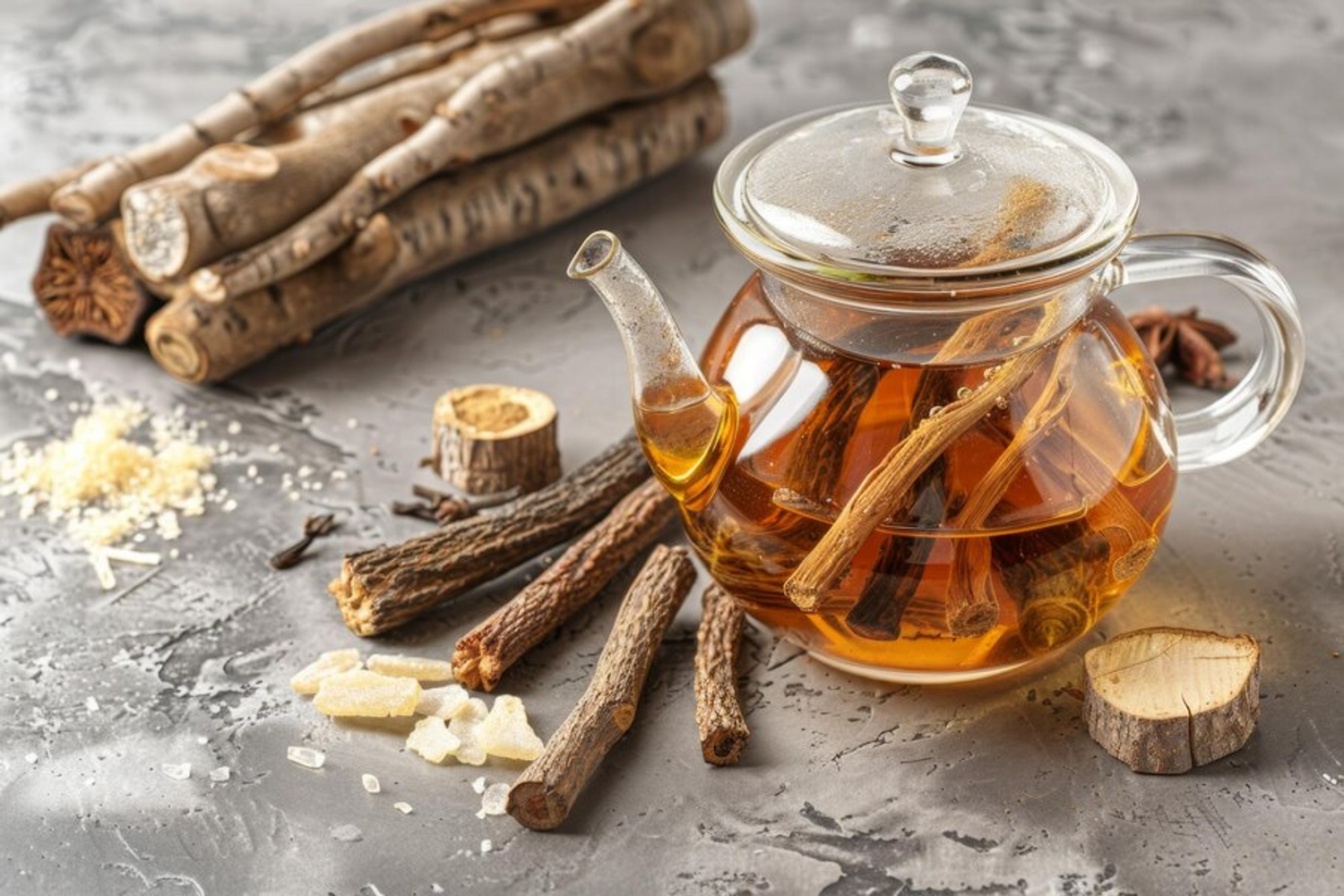
Additionally, licorice tea, which is made from the root of the licorice plant, can be extremely detrimental to the body.
The root contains a bioactive component known as glyrrhizin, which is known to cause hypertension and increased blood volume. Doctors do not recommend consuming more than 10 milligrams of glycyrrhizin per day; however, some licorice tea contains more than three times that amount.
Licorice Tea Can Cause ADHD

Licorice, or more specifically the glycyrrhizin in licorice, is extremely dangerous for pregnant women.
Studies have shown that an excess of glycyrrhizin can cause the child to develop cognitive issues like ADD, ADHD, and a poor memory in the womb.
Pregnant Women Should Always Be Careful When Consuming Tea

Fortunately, there are several teas that are widely considered safe for consumption.
However, it’s important to note that pregnant women should always speak to their physician before adding any kind of tea to their daily diet.
Which Teas Are Always Safe to Drink?
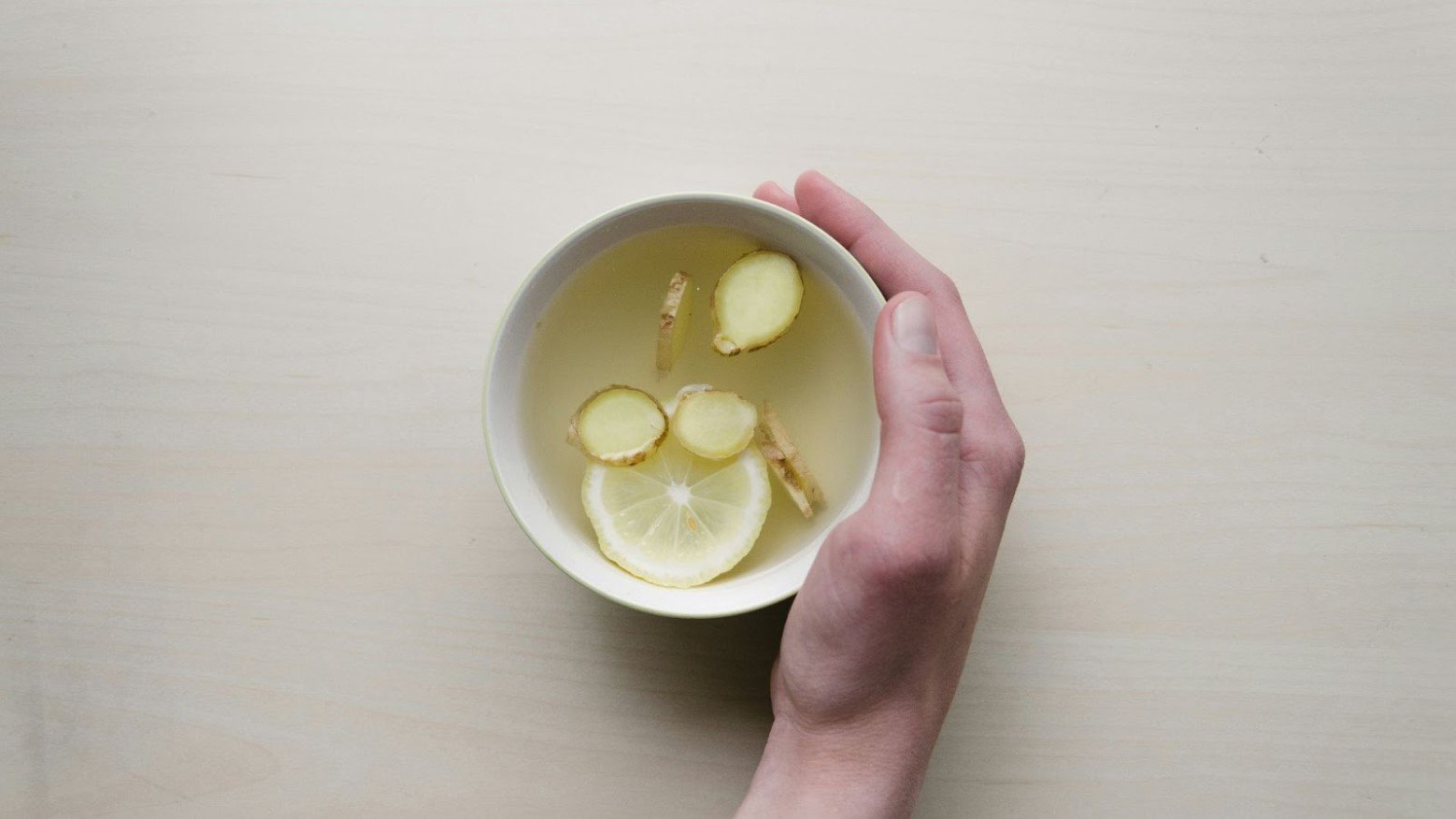
Two of the healthiest and most beneficial teas are chamomile and green tea.
Chamomile is known to help with anxiety and sleep disorders and has no known negative side effects, while green tea boosts mental alertness and can even prevent certain cancers and heart disease.
The Safest Way to Enjoy a Cup of Tea

One of the best ways to keep your body safe while enjoying tea is to skip the brand-name tea bags and buy loose leaves.
That way, you’ll know exactly what’s in them and keep your body free of pesky microplastics.
Learn What’s in Your Tea
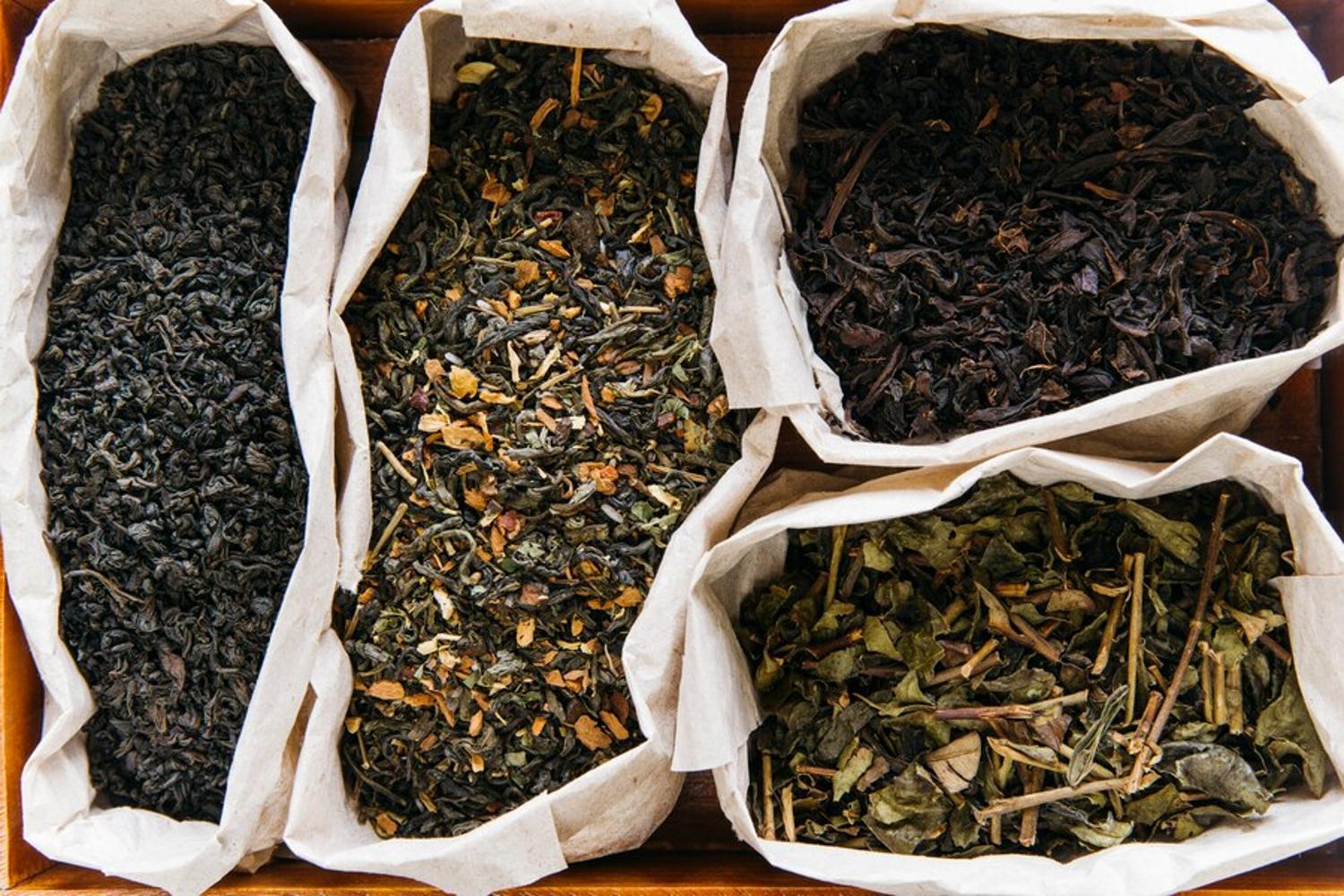
However, these are just a few examples of the potential risks of teas; there are actually quite a few more types of teas that can result in physical discomfort, illness, or even more severe conditions.
Therefore, it’s incredibly important you know what’s in your tea, what it can do to your body, and which variations are safe to consume, depending on your body and condition.








































